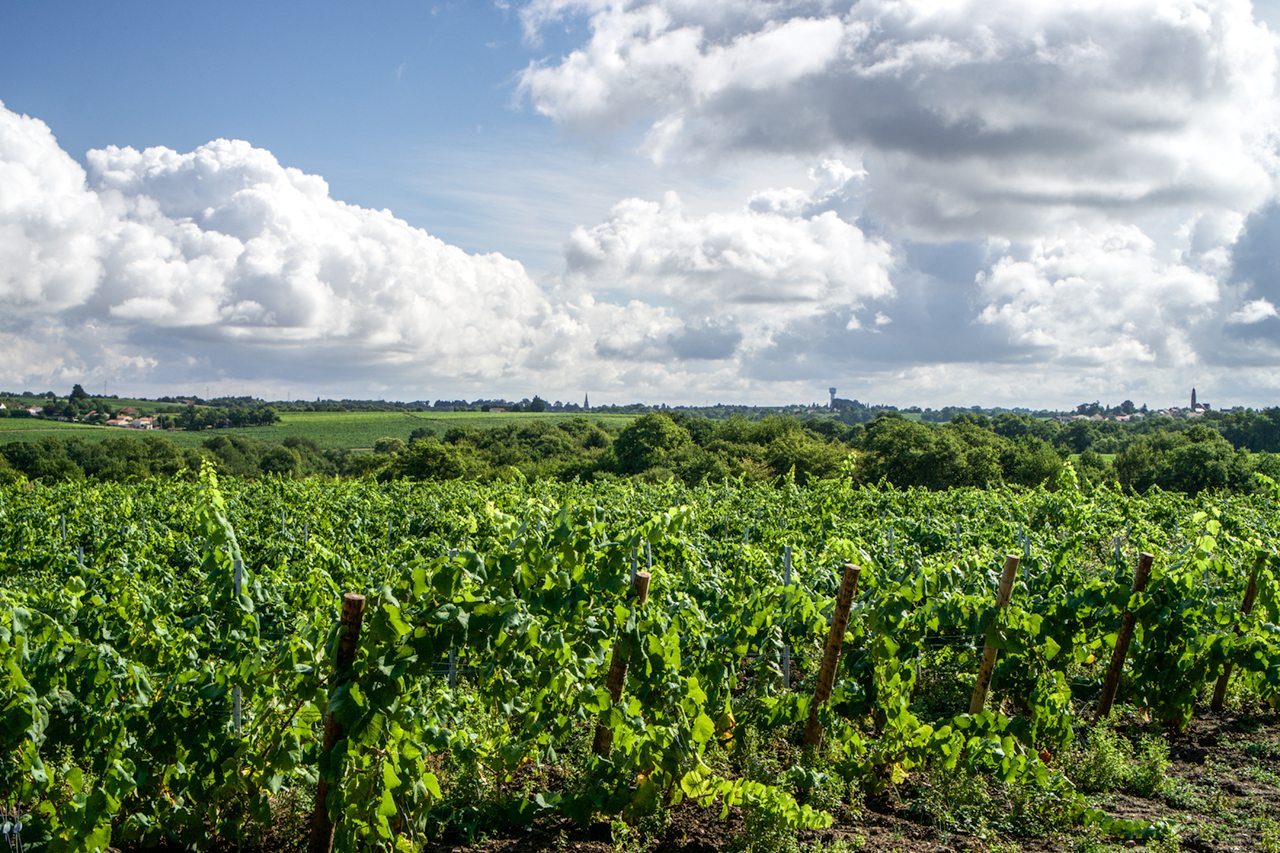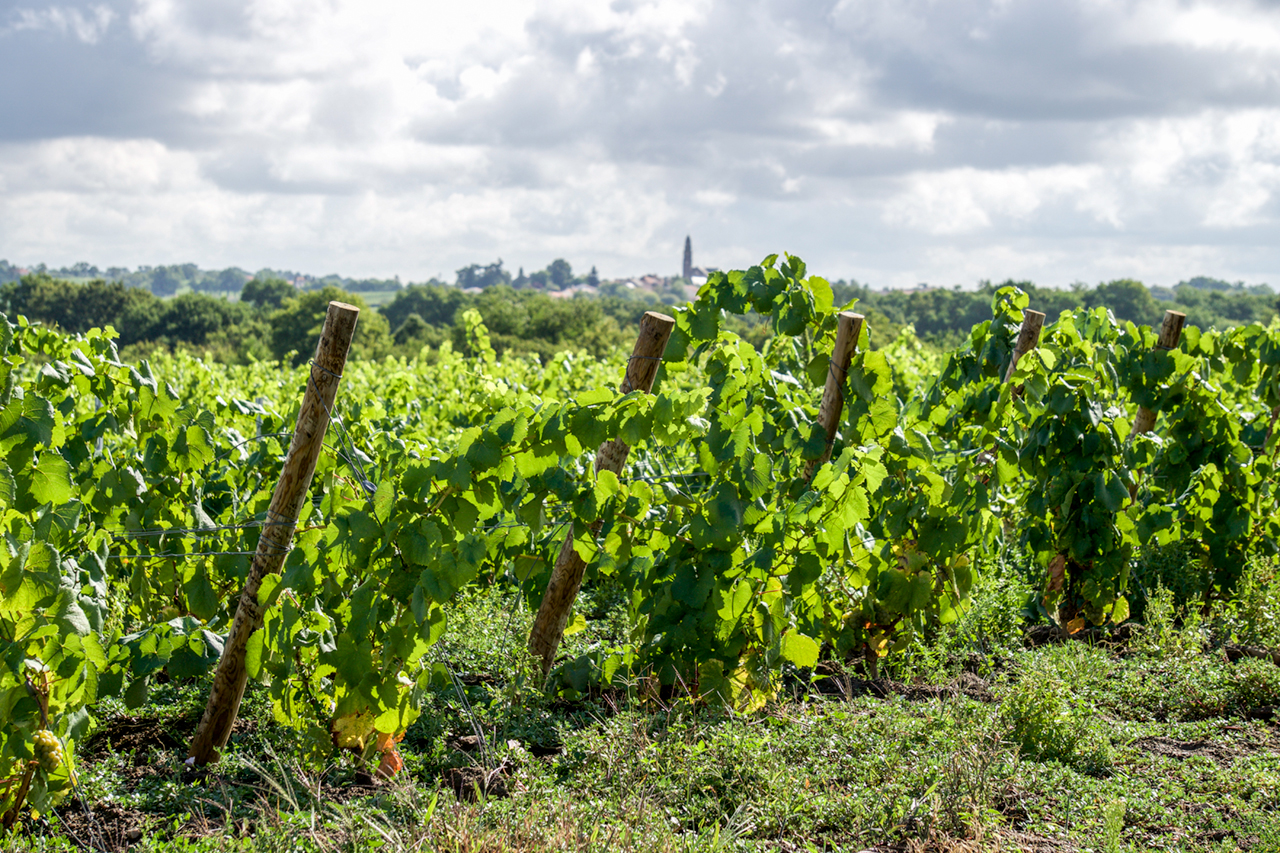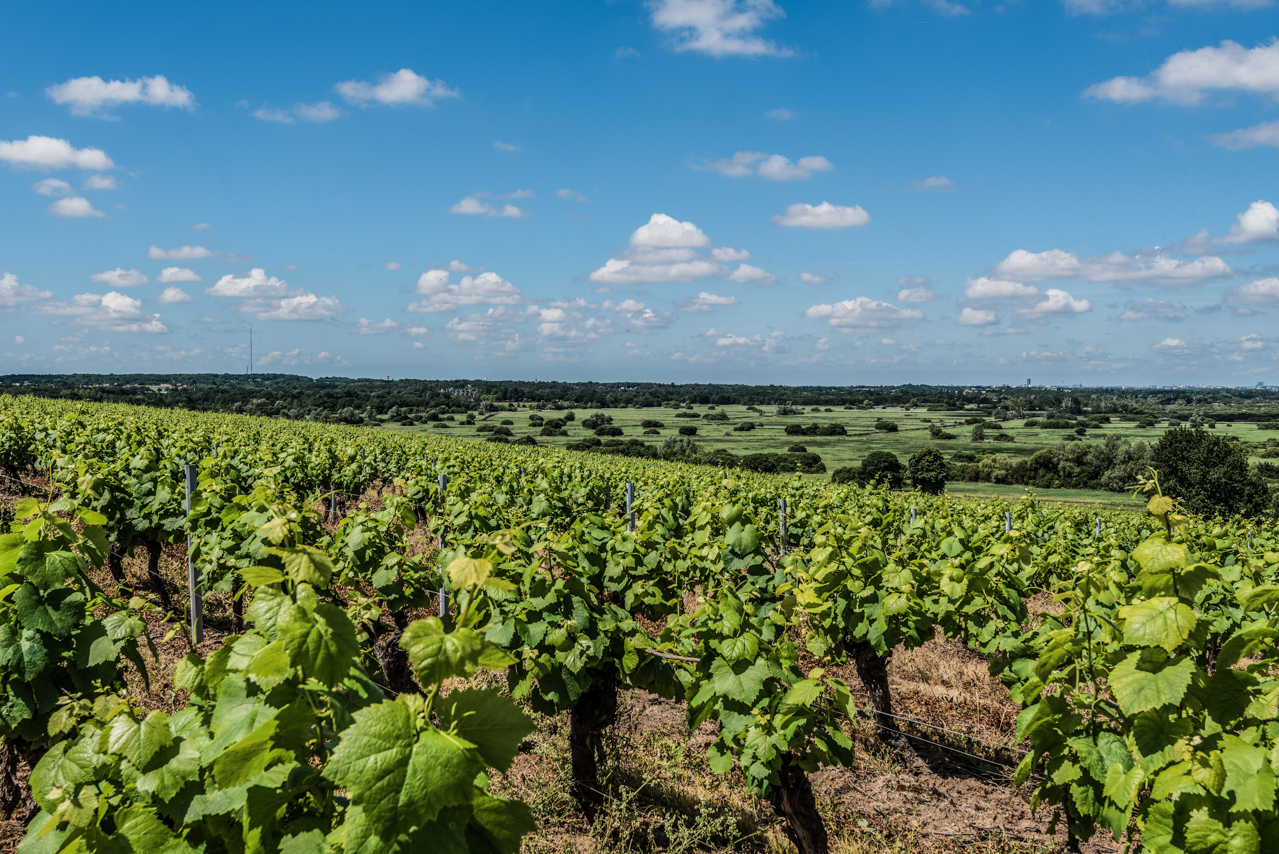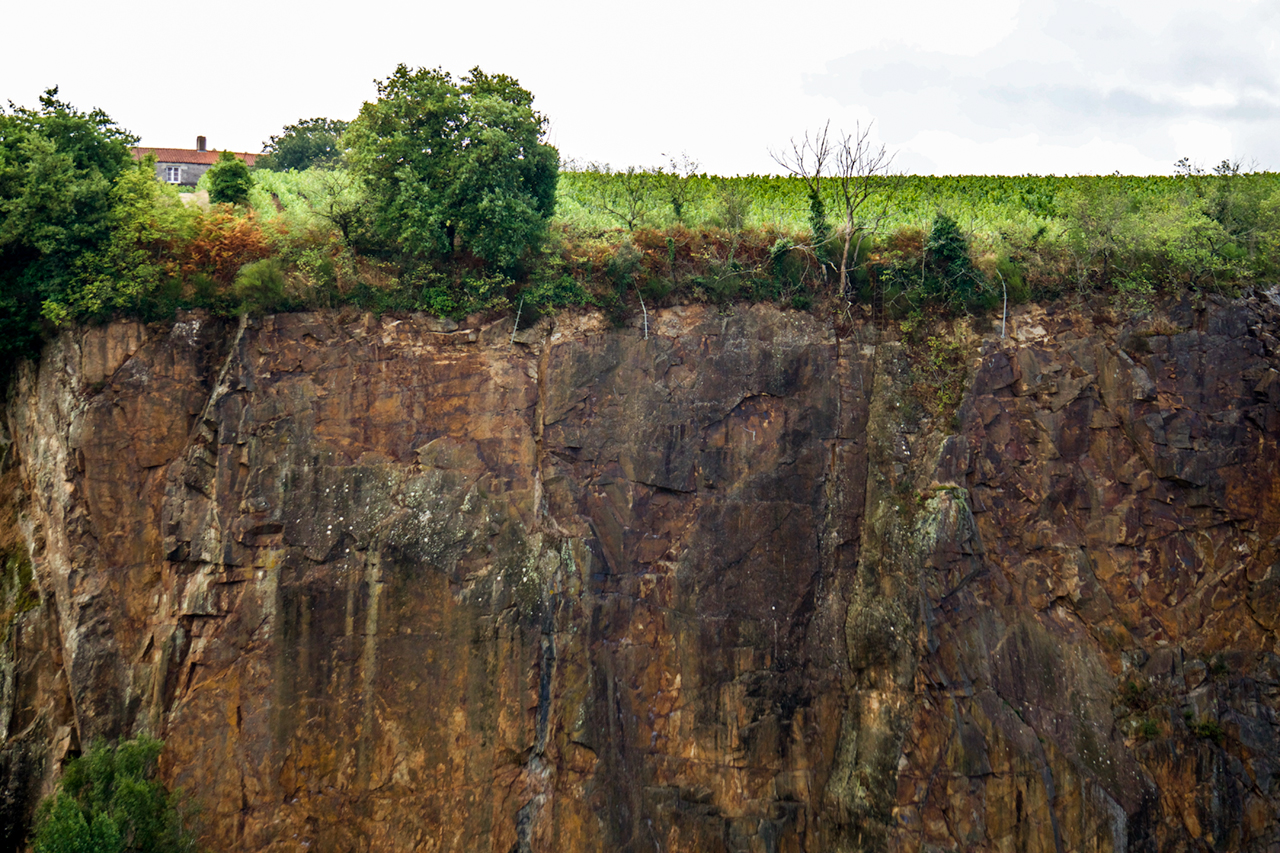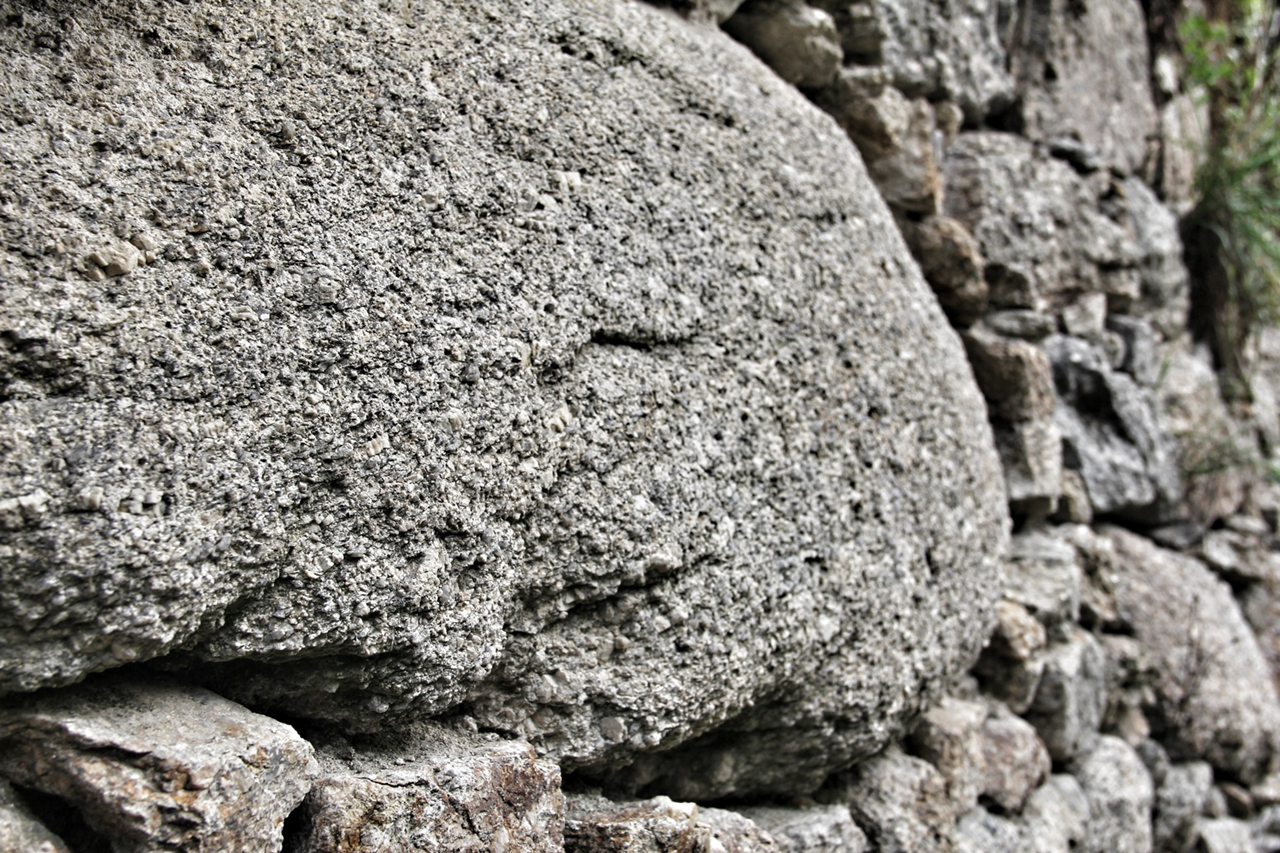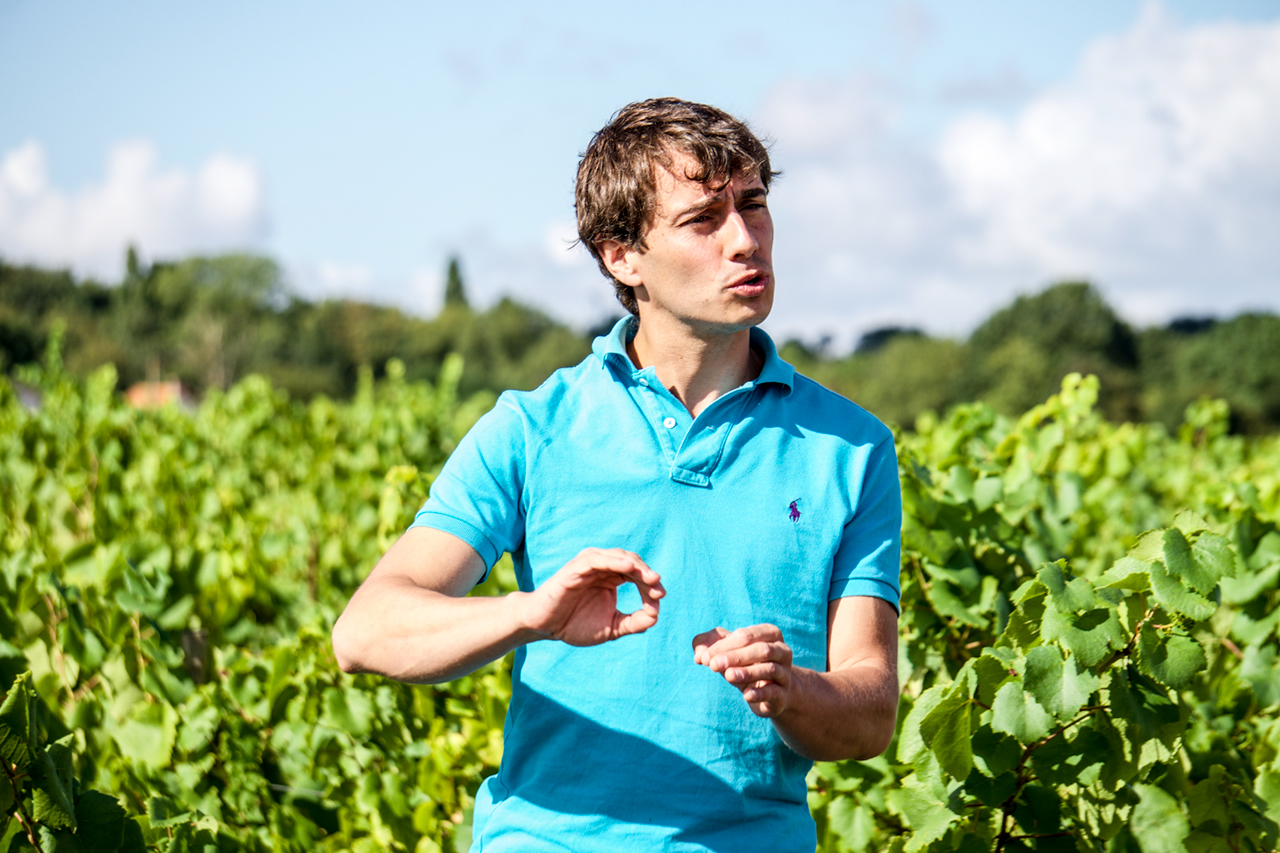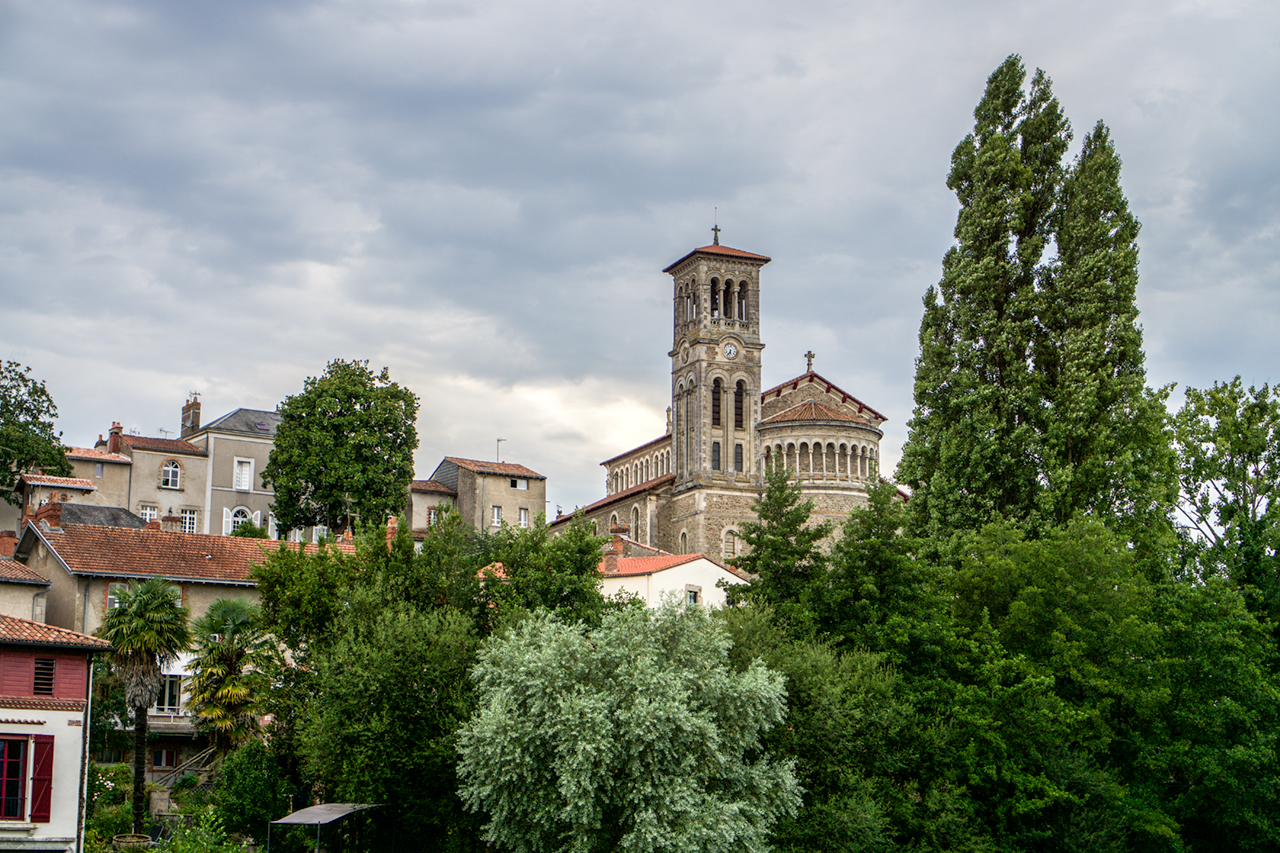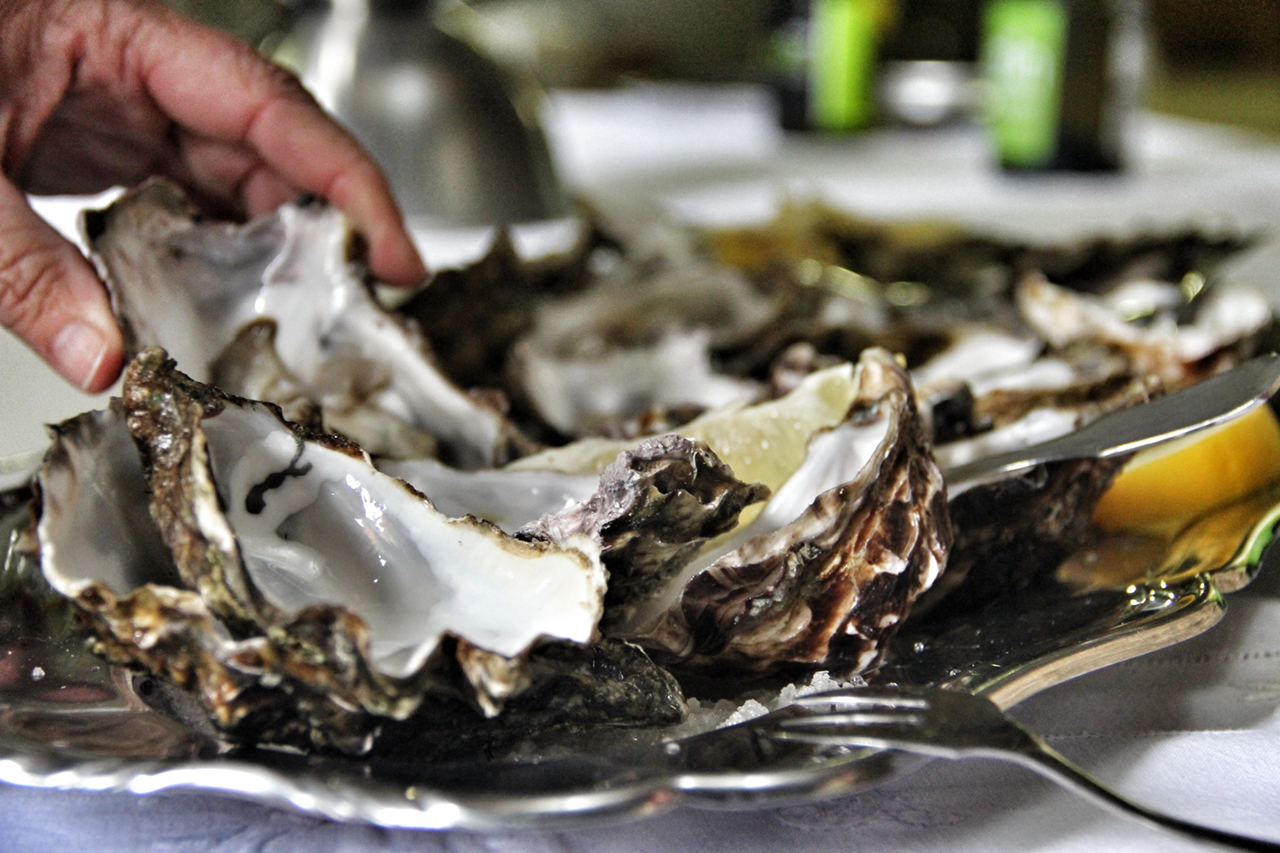

Granite rock was used for centuries to build the massive fortresses that dot the landscape of Muscadet. Its density and structure were […]
Keep ReadingGranite rock was used for centuries to build the massive fortresses that dot the landscape of Muscadet. Its density and structure were rarely breached by arrow, cannonball, or the good ‘ole medieval siege. Because of its density and the fact that it is everywhere in Muscadet, it is unclear why anyone would think that this was the place to plant hectares and hectares of vines. That’s what riverbeds are for, right?
Well, the Romans might have gotten a few things wrong in France (see the 1st century BC through the 5th century AD for reference), but they did get something right: they planted a ton of grapevines on this lunar rock of a landscape. Today, this area is called Muscadet and is home to over 8,000 hectares of vines of Melon de Bourgogne.
Famille Lieubeau farms over 40 hectares of vines and produces Muscadet Sèvre et Maine, and Vin de Pays from grapes such as Chardonnay and Sauvignon Blanc. Regardless of the varietal, the vines are planted on rock, and in most cases, sheer cliffs of rock through which the roots have to bury for meters for any hydric source. The vines, and the wines, are fed by water that is awash in wet rock. It’s not a big shock that the wines smell and taste more like rock and minerals than fruit or flowers. Combine this with the cold Atlantic breezes, and you’ve got an amazing cool climate, high cut, precise bottle of white wine.
The Lieubeau family takes great care to vinify the wines according to exposition, the density of the bedrock, and harvest date. Farming for their Folle Blanche, Chardonnay, and Sauvignon is certified by Terra Vitis, and all of their Melon is now certified organic by Agriculture Biologique. They keep yields as low as possible to produce wines that express the varietal character and terroir – not just acid. These are delicious, vibrant wines that are easily among the best values in the portfolio.
CloseMelon de Bourgogne, August, Château Thébaud vineyard
Looking northeast from the Lieubeau vineyards of Château Thébaud. On the horizon from left to right you can see the steeples of the churches in the villages of Château Thébaud and Monnières St-Fiacre.
Having converted to organic viticulture, the vineyards of Famille Lieubeau are full of natural ground cover.
Like many vigneron in the Loire, Esca presents an ever present danger. This is a vine suffering from the disease. Every few years, and completely at random, a few vines are stricken but with organic faming the spread of this disease has been slowed.
Lieubeau's Goulaine Cru vineyard on a low hill surrounded by wetlands. Despite the large size of this Cru, the best vineyards are situated on this prestigious slope.
While the common perception is that Muscadet is flat, the landscape is gently rolling until you reach the gorge of Château Thébaud
Volcanic bedrock is just below the surface in Muscadet
Granite, one of the types of bedrock under Muscadet
Vigneron Vincent Lieubeau
As Lieubeau converts to certified organic farming, they've also started working their vineyards by hand, including horse-powered tilling.
The Crus of Muscadet
While not glamorous, the magic really happens out of sight in Muscadet. Indigenous yeast fermentations in underground concrete tanks and extended aging on the lées makes for Muscadet with a breadth of precice mineral and citrus character.
You may think you're in Italy but this is Clisson the one time border town between Bretagne and France. The oldest parts of the town are built in granite, the newer 19th century buildings are all Italianate. We recommend visiting.
Château de Clisson, despite being a shell, retains its imposing presence over Clisson.
Château de Clisson
The best accompaniment for Muscadet
Famille Lieubeau

